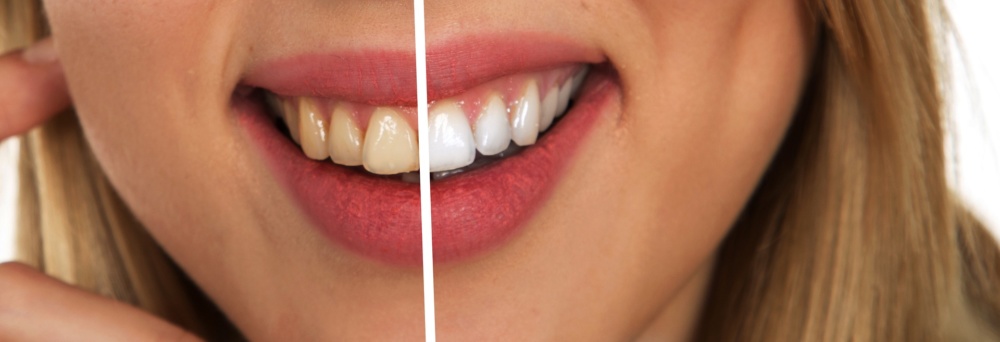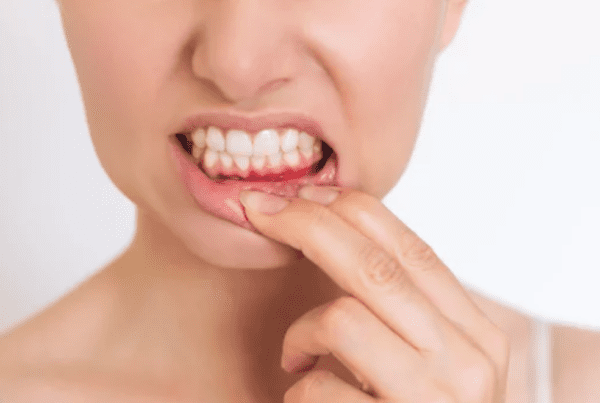Provided by: Djurica Tarana
If you’ve been consistent in your twice yearly visit to the dentist then you must have gotten accustomed to their constant question of “Have you actually been flossing regularly?” You may have answered yes or no as the case may be, but in reality, the truth is that many actually don’t.
American Dental Association emphasized that every individual should always brush twice a day i.e. morning and night while they should equally floss at least once daily. Studies have shown that while there is a high compliance rate in terms of brushing twice daily, same cannot be said when it comes to flossing.
The aim of this article is not just to repeat the same old cliché about the need for regular flossing but to provide a breakdown of the various reasons why you must floss daily if you desire to enjoy the best dental care.
Helps To Get Rid Of Bad Breath
Bad breath or halitosis can be an embarrassing problem to anyone suffering from it. While many may not accept that it could affect them, the reality is that halitosis is indeed more common than we assume. However, one proven way you can avoid bad breath is by flossing your teeth at least once a day. Flossing keeps bad breathe at bay by ensuring that food particles are not left stuck in-between your teeth which would have invited bacteria to feast on it and cause damage to your teeth and breathe. Therefore, if you really want to avoid having an embarrassing smell oozing out of your mouth, then flossing your teeth is one sure way to prevent that.
Helps To Keep Your Gums Healthy
Diverse studies have categorically proven that flossing can help to keep your gum healthy. Although it is essential to brush your teeth twice daily, but doing that alone without complimenting it with flossing may not protect your gum from diseases and the risk of losing a tooth that may result from it.
There is a misconception that flossing can exacerbate gum bleeding in individuals, especially for those that have sensitive gums which makes them to completely avoid flossing. However, the truth is that flossing your teeth would enhance the health of your teeth which in turn prevent your gum from bleeding.
Granted that it is best to begin flossing your teeth as a child, but one can still commence at it during teen or adulthood and remain consistent in doing so for better result.
Take Care of Your Oral Health
The fact is that for you to ensure a comprehensive care of your oral health, flossing your teeth at least once daily would be a necessity. For a perfect oral health, you should brush your teeth twice daily (morning and night) while equally flossing your teeth at least once daily. The good thing about flossing is that it takes only a few minutes of your time and costs next to nothing in terms of resources relative to its immense benefits. In terms of cost-benefit analysis, flossing is actually priceless.
An added advantage is that you will enjoy “NicerSmile”
Flossing Helps to Remove Bacteria
Research has proven that when bacteria dwell in the mouth, the adverse effect goes beyond the apparent bad breath and discolored dentition; rather its effect can be as far reaching as being a cause of diabetes, heart disease or other serious respiratory ailments. Such diseases can be life threatening but a little effort like flossing can help to prevent them from occurring. Flossing goes the extra mile beyond areas that conventional toothbrush cannot reach.
Flossing Prevents Gingivitis
Gingivitis (inflammation and bleeding around the gums) has been termed as the first stage toward developing gum disease but can be easily preventing at this stage if flossing your teeth is part of your daily routine. Flossing your teeth will be effective in preventing tartar and plaque from gradually building up at the base of the teeth, but if they are allowed to thrive due to lack of proper flossing, they would ultimately lead to gingivitis.
Just like the saying goes, prevention is indeed a lot better than cure and combining regular flossing with twice daily brushing of your teeth will help you to achieve maximum oral health.
Flossing Makes Brushing Your Teeth More Effective
While it is generally accepted that brushing twice a day is necessary for good oral hygiene, the fact still remains that doing so alone without backing it up flossing may not give you optimal result.
Research has shown that by flossing your teeth alone, as much as 40% of the work needed to be done to evacuate bacteria and plaque would have been achieved. The human tooth is known to have five surface areas, when you fail to floss your teeth, at least two out of the five surfaces would be left unattended and consequently at risk of decay.







Recent Comments